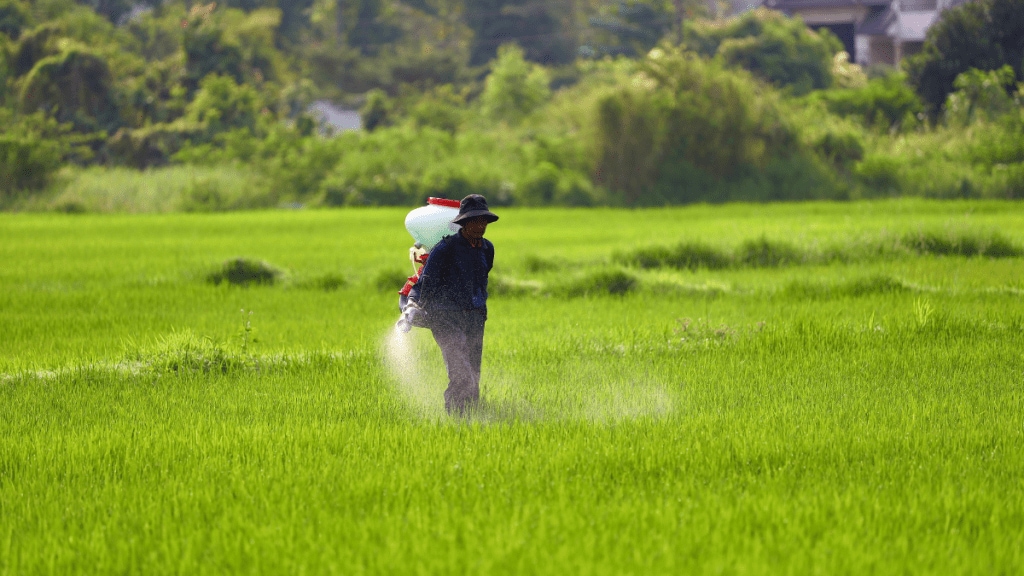In a development that could disrupt India’s agricultural supply chain, China has halted shipments of specialty fertilisers to India for the last two months, top executives of several large importers told Economic Times. These fertilisers, used to increase the yields of fruits, vegetables and other remunerative crops, are still exported by China to other countries.
“China has been restricting suppliers of specialty fertilisers to India for the last four to five years. However, this time it is a complete halt,” said Rajib Chakraborty, President, Soluble Fertilizer Industry Association (SFIA).
Shipments from factories are subject to inspections by the Chinese government. According to the report by the publication that cited people with knowledge of the matter, China has not been inspecting shipments meant for India, using various procedures to block exports without imposing an express ban.
India’s import dependency and implications
China accounts for nearly 80 per cent of India’s imports of specialty fertilisers. However, the current stoppage marks a sharp escalation from the selective restrictions of recent years to a complete supply freeze.
Specialty fertilisers are non-subsidised soil nutrients. These include water-soluble fertilisers (WSFs) and liquid fertilisers for foliar and fertigation, controlled release fertilisers (CRFs), slow-release fertilisers (SRFs), micronutrient fertilisers, fortified fertilisers, customised fertilisers, nano fertilisers, bio-stimulants, organic and other value-added and innovative fertilisers.
These products have been gaining popularity due to their ability to provide targeted nutrient delivery and reduce environmental impact.
Is local production possible and feasible?
According to industry estimates, India typically imports import150,000-160,000 tonnes of specialty fertilisers in the June-December period. Despite the growing domestic demand illustrated by data from the Fertilizer Association of India (FAI) that stated that the market for micronutrient fertilisers in India is expected to cross $1 billion by 2029, local production remains unviable.
India does not have the technology to produce specialty fertilisers as volumes until now have been low, making it unviable for companies to set up manufacturing facilities locally. “However, specialty fertilisers are now replacing primary fertilisers, thereby increasing their consumption volume,” Rajib Chakraborty told Economic Times, adding that a large number of companies are now interested in setting up manufacturing units.
Companies like Deepak Fertilizers, Paradeep Fertilizers and Nagarjuna Fertilizer Company operate in this segment.
Besides this, China has been already restricting the export of key raw materials such as rare earth magnets in apparent retaliation for tariffs and other curbs.

